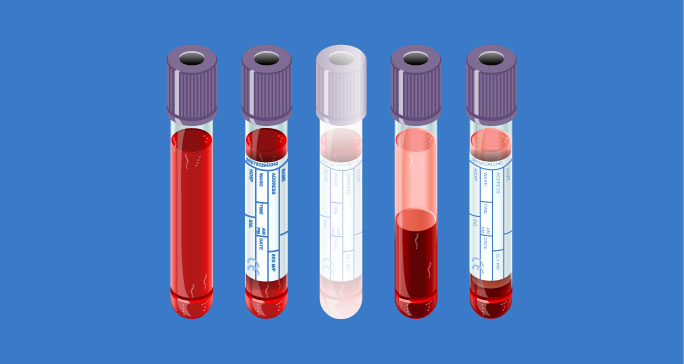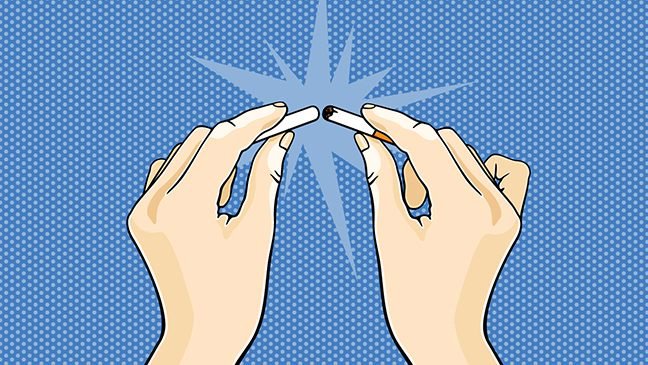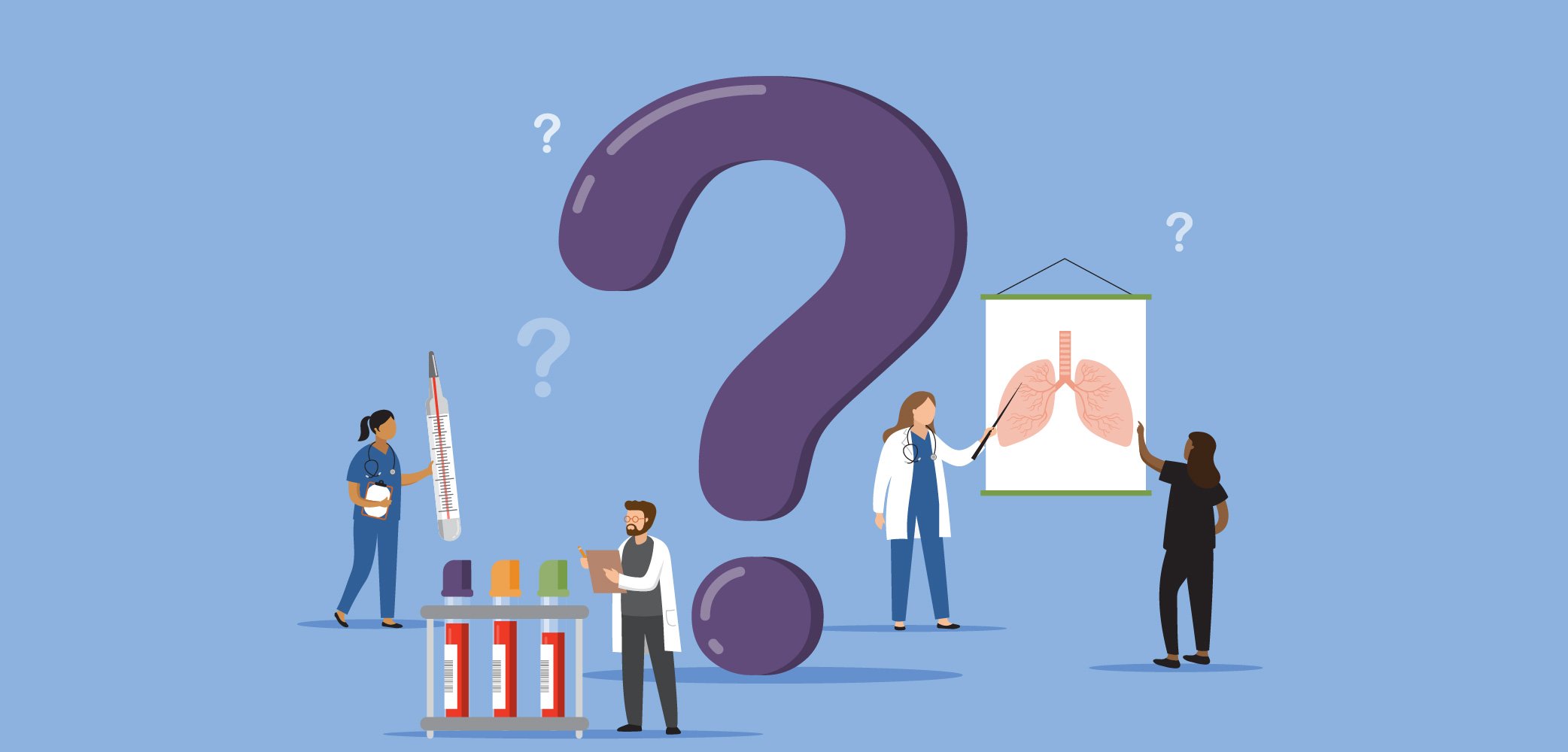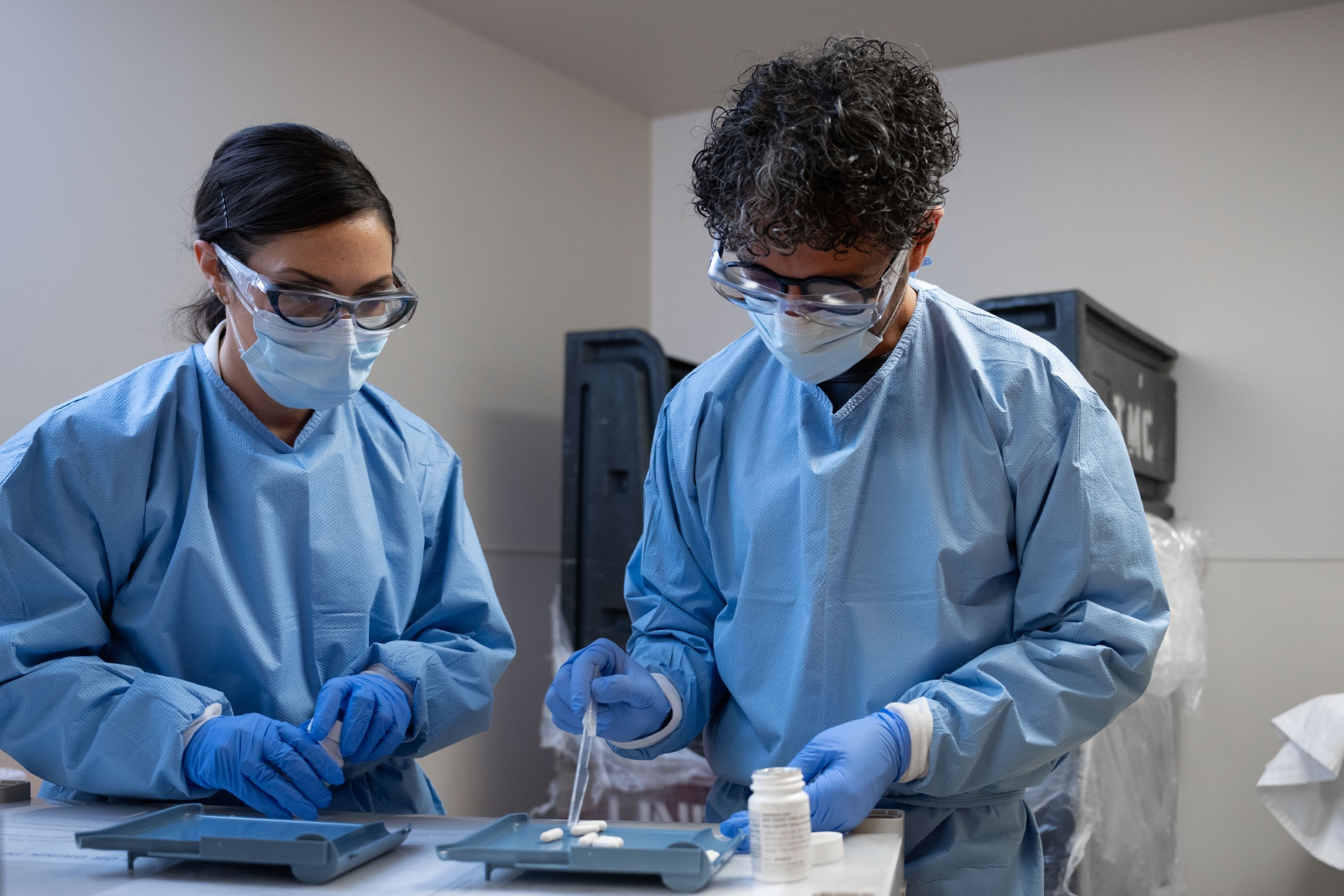- Diseases
- Acoustic Neuroma (14)
- Adrenal Gland Tumor (24)
- Anal Cancer (68)
- Anemia (2)
- Appendix Cancer (16)
- Bile Duct Cancer (26)
- Bladder Cancer (72)
- Brain Metastases (28)
- Brain Tumor (232)
- Breast Cancer (714)
- Breast Implant-Associated Anaplastic Large Cell Lymphoma (2)
- Cancer of Unknown Primary (4)
- Carcinoid Tumor (8)
- Cervical Cancer (158)
- Colon Cancer (166)
- Colorectal Cancer (116)
- Endocrine Tumor (4)
- Esophageal Cancer (44)
- Eye Cancer (36)
- Fallopian Tube Cancer (8)
- Germ Cell Tumor (4)
- Gestational Trophoblastic Disease (2)
- Head and Neck Cancer (12)
- Kidney Cancer (128)
- Leukemia (342)
- Liver Cancer (50)
- Lung Cancer (286)
- Lymphoma (278)
- Mesothelioma (14)
- Metastasis (30)
- Multiple Myeloma (100)
- Myelodysplastic Syndrome (60)
- Myeloproliferative Neoplasm (4)
- Neuroendocrine Tumors (16)
- Oral Cancer (100)
- Ovarian Cancer (172)
- Pancreatic Cancer (160)
- Parathyroid Disease (2)
- Penile Cancer (14)
- Pituitary Tumor (6)
- Prostate Cancer (146)
- Rectal Cancer (58)
- Renal Medullary Carcinoma (6)
- Salivary Gland Cancer (14)
- Sarcoma (238)
- Skin Cancer (296)
- Skull Base Tumors (56)
- Spinal Tumor (12)
- Stomach Cancer (64)
- Testicular Cancer (28)
- Throat Cancer (92)
- Thymoma (6)
- Thyroid Cancer (96)
- Tonsil Cancer (30)
- Uterine Cancer (80)
- Vaginal Cancer (16)
- Vulvar Cancer (20)
- Cancer Topic
- Adolescent and Young Adult Cancer Issues (20)
- Advance Care Planning (10)
- Biostatistics (2)
- Blood Donation (18)
- Bone Health (8)
- COVID-19 (362)
- Cancer Recurrence (120)
- Childhood Cancer Issues (120)
- Clinical Trials (630)
- Complementary Integrative Medicine (22)
- Cytogenetics (2)
- DNA Methylation (4)
- Diagnosis (232)
- Epigenetics (6)
- Fertility (62)
- Follow-up Guidelines (2)
- Health Disparities (14)
- Hereditary Cancer Syndromes (126)
- Immunology (18)
- Li-Fraumeni Syndrome (8)
- Mental Health (116)
- Molecular Diagnostics (8)
- Pain Management (62)
- Palliative Care (8)
- Pathology (10)
- Physical Therapy (18)
- Pregnancy (18)
- Prevention (914)
- Research (392)
- Second Opinion (74)
- Sexuality (16)
- Side Effects (604)
- Sleep Disorders (10)
- Stem Cell Transplantation Cellular Therapy (216)
- Support (402)
- Survivorship (320)
- Symptoms (182)
- Treatment (1786)
Maintenance therapy for chronic leukemia: What patients should know
BY Molly Adams
4 minute read | Published August 12, 2021
Medically Reviewed | Last reviewed by an MD Anderson Cancer Center medical professional on August 12, 2021
Until recently, treatment for chronic myeloid leukemia and chronic lymphoblastic leukemia meant a hospital stay, intravenous chemotherapy and sometimes a stem cell transplant.
Now, thanks to research and clinical trials, chronic leukemia can often be controlled with a daily pill taken at home. “We can treat these diseases in the same way we treat a chronic condition like hypertension or diabetes now,” says leukemia specialist Elias Jabbour, M.D.
Depending on your diagnosis, you may be prescribed a targeted therapy drug like BCR-ABL1 inhibitors, BTK inhibitors, or BCL2 inhibitors. These have been shown to be very effective, but successful treatment means you may have to take a pill a day for the rest of your life.
Skipping pills can increase chances of a leukemia recurrence
While there are benefits to this approach, Jabbour says there are also challenges, especially in helping patients stay on their recommended treatment plans.
“When you’re in the hospital, you have a whole care team monitoring your medication,” he says. “But with maintenance therapy, it’s up to you.” He adds that often patients – especially younger patients – feel healthy and well enough that they forget or decide not to take their medicine as directed.
“Skipping even three pills a month could cause you to relapse,” Jabbour says, citing a study showing 50% of patients who relapse weren’t taking their prescriptions.
That’s why Jabbour works with patients to make sure they understand what to expect from maintenance therapy – and how to overcome the challenges of managing medications independently at home.
Know what to expect with maintenance therapy for chronic leukemia
A cancer diagnosis is overwhelming, and it can be hard to fully understand your treatment plan. That’s why Jabbour says it’s important to read and understand the informed consent – and to have an open conversation with your care team.
“I work with patients to go over everything they can expect from these drugs, from the serious side effects to the smaller ones. That way, they’re not surprised,” Jabbour says.
Taking a daily pill may not seem like a huge task to keep cancer at bay, but there are things to keep in mind. For example, you’ll need to stop drinking alcohol and avoid medications that may interact and make the maintenance therapy less effective. “Making these lifestyle changes can be hard, but we will work with you to help you stay on track,” Jabbour says.
Small changes can help manage chronic leukemia maintenance therapy side effects
Side effects are a big reason patients may decide to stop taking their cancer medications. Knowing about side effects in advance will help you manage them – and know what to expect.
For example, some patients may experience severe diarrhea for the first few days after starting a new drug. With the help of over-the-counter anti-diarrhea medication, these symptoms will improve, Jabbour says, so you won’t have to change your dosage.
Fatigue is another common side effect, but changing the time you take your medicine may help. “If you feel tired after taking medicine in the morning, try taking it at night instead,” Jabbour says. The same can be said for nausea.
If you’re supposed to take your medicine on an empty stomach, try waiting until just before bedtime. “Sometimes minor changes like this can make a big difference,” Jabbour says.
Your care team may suggest adjusting your dosage if side effects are still bothering you after you’ve made these changes.
When to pause your prescription medications
There are certain times when you can’t or shouldn’t take your medicine. This could be the case if, for example, your pharmacy doesn’t have your refill ready in time.
You also may need to pause your prescription if you’re undergoing certain dental procedures or surgeries. “Bleeding is a common side effect of these drugs. So, to prevent complications, we wouldn’t want you to take them the day before a dental procedure, or even longer before surgery,” Jabbour says.
If you do find yourself in a situation like this, it’s important to talk to your care team to be sure you’re monitored closely after skipping a dose. “Let your oncologist know any time you’re having treatments like this so we can set up follow-up appointments and be aware of any signs of disease progression,” Jabbour says.
Talk to your doctor about other medications
For women of childbearing age, it’s important to consider birth control before starting maintenance therapy to prevent getting pregnant, since chemotherapy can be dangerous for unborn children.
Whenever you take other medications, whether it’s birth control pills or antibiotics, let your care team know so they can help prevent drug interactions. “Your regular doctor may not be aware of the possible drug interactions. But your oncologist is,” Jabbour says.
Treatment options after chronic leukemia relapse
Unfortunately, if chronic myeloid leukemia and chronic lymphoblastic leukemia come back, they’re more aggressive and usually harder to treat. You may have to undergo a stem cell transplant, which requires months of pre-transplant treatment, including multiple daily drugs to suppress your immune system.
And, Jabbour says, stem cell transplants are more successful when a patient is in minimal disease status than when they have aggressive advanced disease
Jabbour stresses that good communication with your care team can increase your chances of success with long-term maintenance therapy and stave off the need for more aggressive treatments for as long as possible.
“I tell patients: ‘I will do everything I can to help you succeed,’” Jabbour says. “There’s no problem without a solution.”
Request an appointment at MD Anderson online or by calling 1-855-452-0428.

I tell patients: ‘I will do everything I can to help you succeed.’
Elias Jabbour, M.D.
Physician





